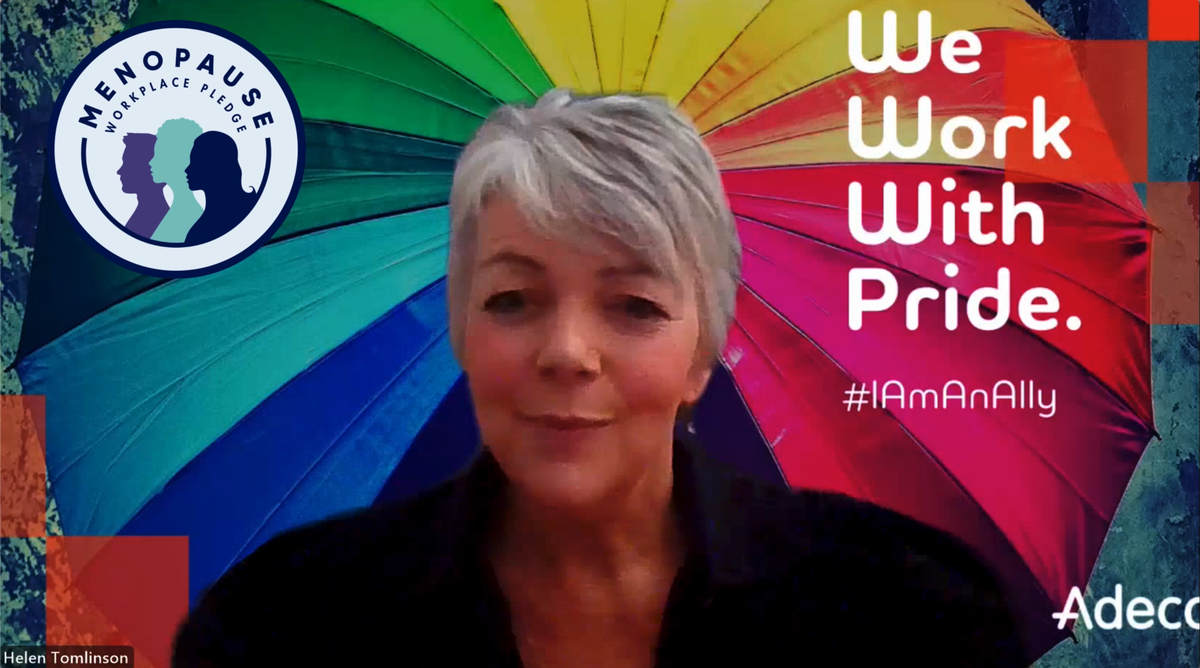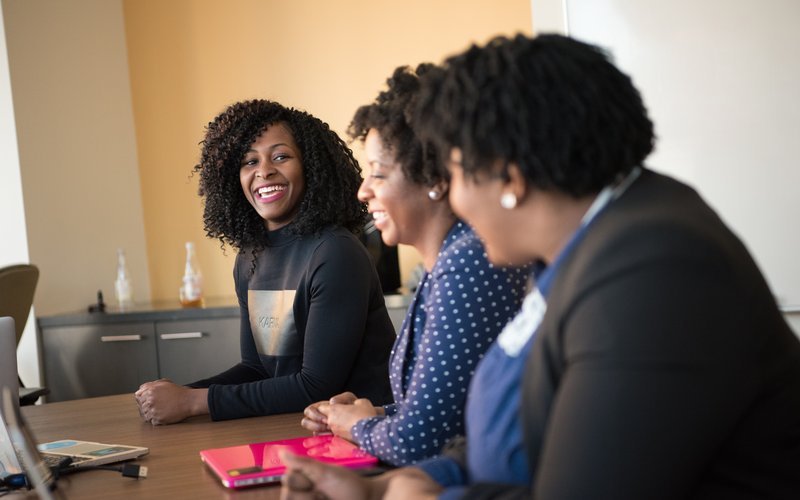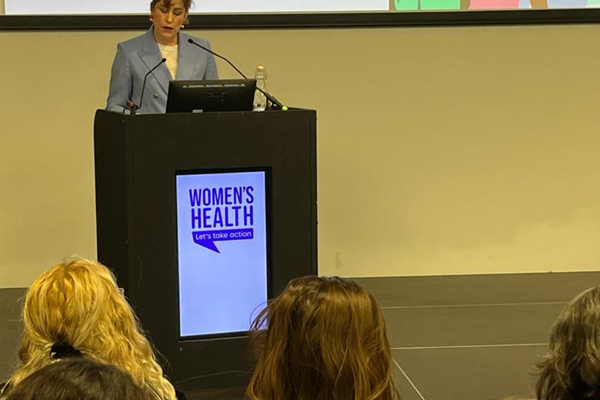
Nia's story: “It was frustrating knowing that I could not train because of my period”
Nia experienced painful cramping and nausea when her period came which stopped her from participating in the sports she loved. Looking back, Nia now knows that there is support and information available.




